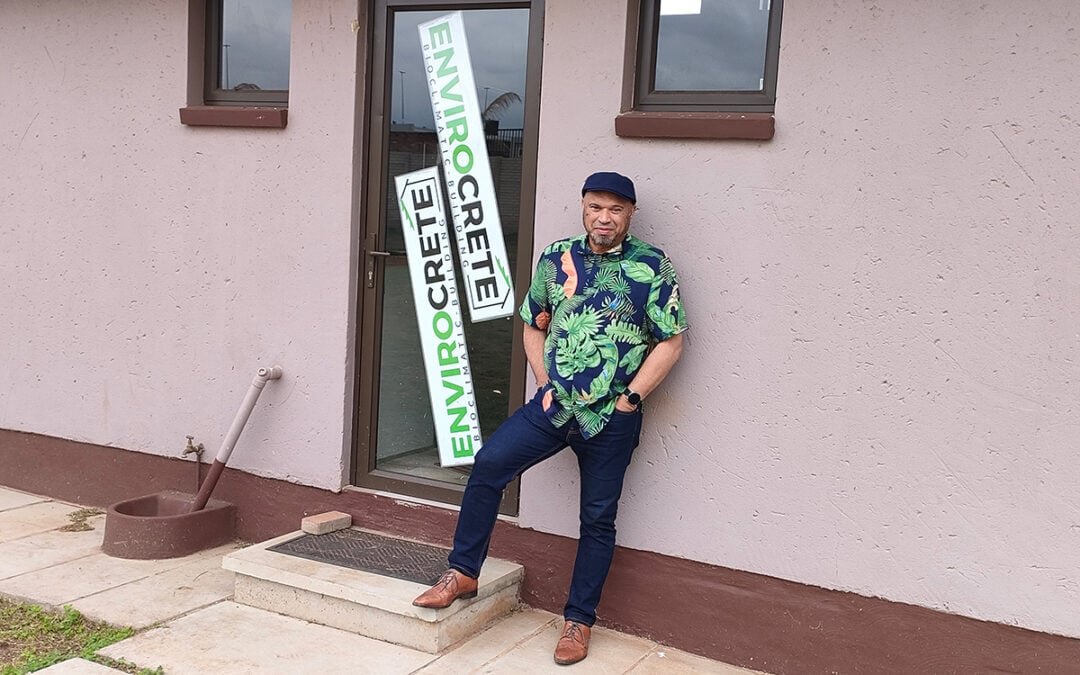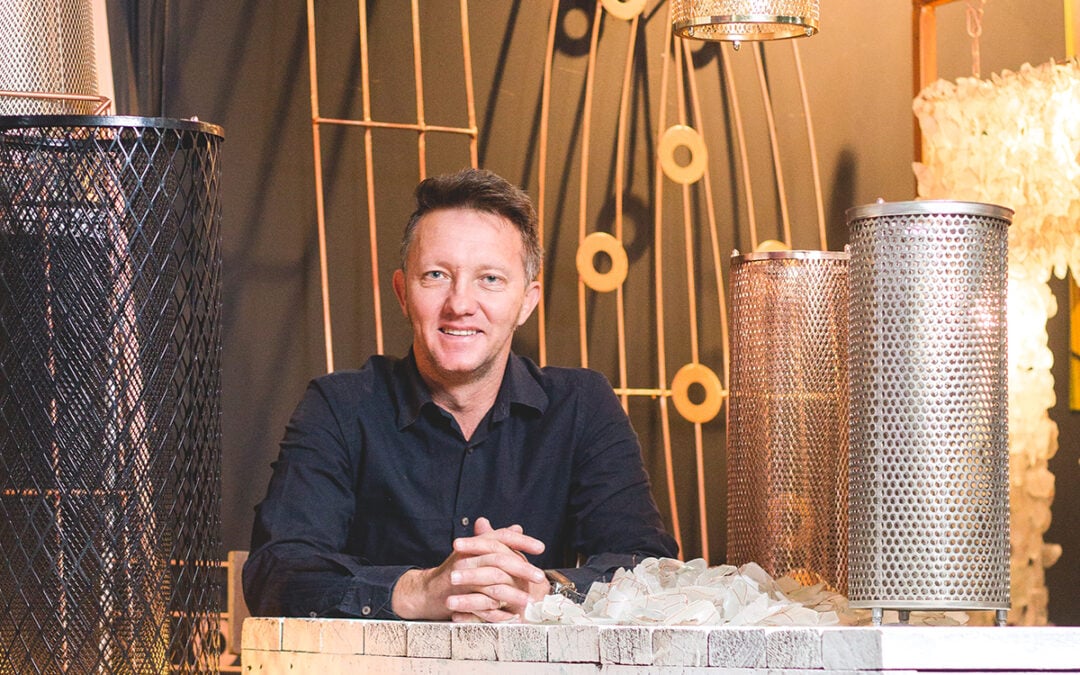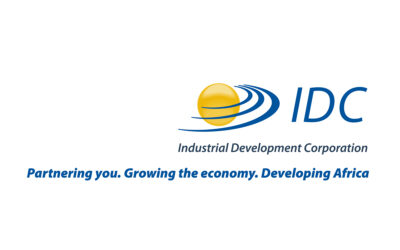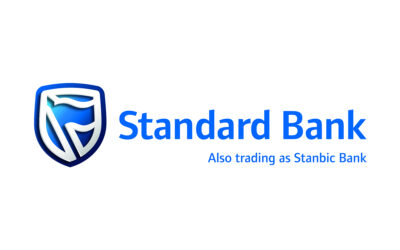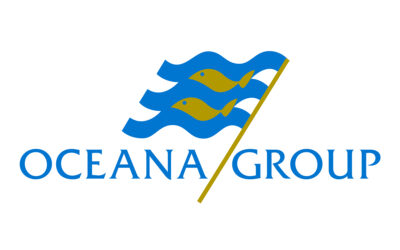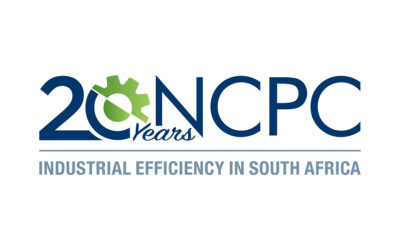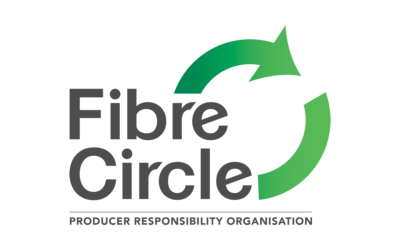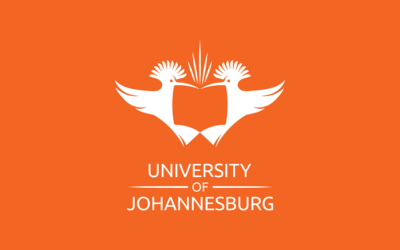It was during long walks with his father and brother through the English countryside that Dr Gary Kendall’s passion for nature was ignited. “My father would stop and explain certain natural phenomena to us in simple language — I was transfixed.”
Today, Kendall is one of South Africa’s pre-eminent sustainability experts.
He fears that rapid urbanisation and the increasingly digital domain we inhabit have diminished our connection with nature: “I am troubled that our daily experiences are increasingly synthetic and disconnected from nature.”
Society’s fantasy of infinite growth without environmental consequences is a mind-set that must shift urgently in order for humanity to sustain itself. “We already have all the technologies that we require for eight to nine billion humans to live healthy, prosperous lives within ecological limits. We just need to abandon fairy-tale thinking,” is Kendall’s sobering advice.
The pandemic has yielded valuable insights into human behaviour, including how dramatically it can alter in just weeks. “In contrast, mitigation of systemic risks, such as climate change and inequality, is dealt with slowly and incrementally. To sustain socioeconomic development into the future, we need to make significant changes now and not wait until 2030 or 2050.”
Asked to identify what the “average” South African can do to live a greener lifestyle, Kendall is quick to point out that, “given our extraordinary diversity and eye-watering inequality, there is no average. Where one sees wealth and income inequality, one also sees emissions and consumption inequality.”
Kendall makes no bones about who must be pressured to commit to real sustainability — it is the echelons of wealth and power that need scrutinising if we are to implement meaningful systemic change. “They rest their hands on the levers of power, which, if pulled correctly, can shift the system for everyone’s benefit.”
“The way we have been operating for the past 150 years has been exploitative, extractive and linear. This needs to change urgently to an economy that is inclusive, restorative and circular.”

